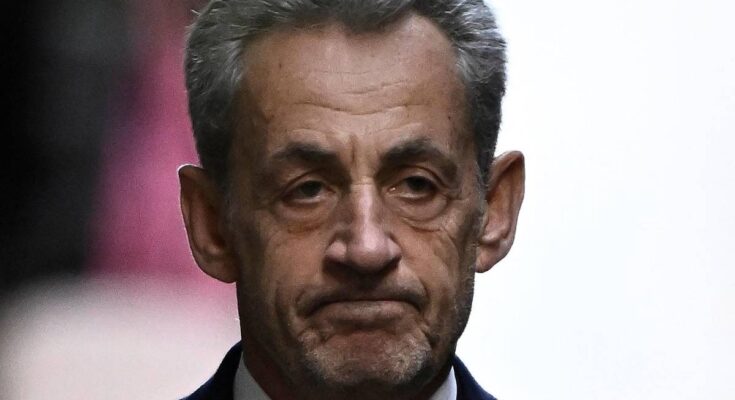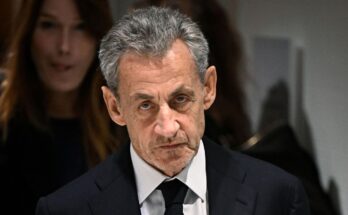This afternoon Nicolas Sarkozy will know his fate: namely, whether he can leave La Santé prison where he has been held since October 21 or not. The Criminal Appeals Chamber at the Paris Court of Appeal will actually hear the case request for release presented by the lawyer of the former French president. The former president of the French Republic participated, via videoconference, in the trial in which the public prosecutor requested that the political exponent be released, however under strict judicial control.
Sarkozy described his detention as a “nightmare”:”Difficult, very difficult“he said.”I want you to be sure of one thing: I never thought it would be crazy to ask Gaddafi for any funds. I would never admit to something I didn’t do – continued the former Head of State -. I respond to all invitations carefully. I never imagined I would experience prison at the age of 70“.
“This test was imposed on me, I underwent it. This is a forced ordeal. Difficult, very difficult. This leaves its mark on every prisoner because it is exhausting. I am aware of the severity of the charges against me, but three weeks in La Santé prison will not change my attitude“. And once again:”I love my country, my family in France, I fight for truth to prevail. I am aware of the severity of the charges against me, but three weeks in La Santé prison will not change my attitude. And I will honor all obligations imposed on me“. Sarkozy also “paid tribute” to prison staff, saying that “he shows incredible humanity, making this nightmare bearable“.
The request for release came after the sentencing sentenced to five years in prison issued last September 25 by the Paris Criminal Court for “criminal association” in connection with alleged Libyan funding presidential campaign in 2007. The court has justified the implementation of the provisional sentence by the “extremely serious” facts.
The fact remains that the detention of the former French president represents a historic precedent for the Transalpine Republic and the European Union: a precedent that has sparked fierce political debate. Sarkozy denounced the decision as the result of “hatred”, while some political leaders interpreted it as a case of judicial persecution.



